If photographs of ‘the deal in the desert’ made you queasy — you remember, Tony Blair and Muammar Gaddafi shaking hands for the cameras in 2004 — imagine how you would have felt if you were in exile in London and your father under torture in Gaddafi’s cells at the time.
Now Blair is not looking forward to the Chilcot report, Gaddafi is dead and Hisham Matar, who was the helpless onlooker, has published The Return, a memoir about his father and about Libya which will attract many readers and prizes. It may also help focus our ideas about whom we protect, whom we betray, and how we deal with the devil.
Gaddafi’s death might not have been a source of sorrow to Blair (and co). But the fact that the details of Gaddafi’s dealings with our politicians and spies did not die with Gaddafi, and were exposed in the chaos surrounding his demise, must still sting. A cache of documents found in Tripoli detailed cooperation between MI5, MI6 and regime thugs. In their defence, MI5 admitted, via Eliza Manningham-Buller (whose agents provided Gaddafi’s with a list of 1,600 questions to be put to their victims) in her Reith lecture of 2011, ‘that there are questions to be answered as to whether the UK supped with a sufficiently long spoon’.
That sort of supping leaves a repugnant taste, which is one of many reasons to welcome The Return. Matar is the prize-winning author of a Man Booker-shortlisted novel, In the Country of Men. In this memoir, which is astonishing for its perception, control and technical excellence, often upsetting and entirely gripping, we begin to understand the modern history of Libya, how Gaddafi operated, and what it was like to be a dissident opposed to him, sheltered, or not, by Britain and other countries. Historical accident places a writer of prodigious talent in the middle of the bloody denouement and fall of Gaddafi’s regime.
The author’s father, Jaballa Matar, was remarkable. A soldier in the diplomatic service of King Idris, he was based in the embassy in St James’s Square — where PC Yvonne Fletcher would later be gunned down — when news broke, in 1969, of Gaddafi’s coup. He returned to Libya, was imprisoned and then sent abroad to the UN. As Gaddafi’s nature became clear, Jaballa Matar resigned and built a fortune importing goods into the Middle East. He was a highly cultured man who carried pages of verse in his memory and was a significant figure in Libyan society. Outspoken against Gaddafi, he eventually fled the country with his immediate family.
By 1990 he had sleeper cells in place in Libya and a significant armed force in Chad, poised to attempt the overthrow of the regime. Before they could strike he was betrayed in Cairo by the Egyptian government, flown to Libya and disappeared into Abu Salim, Tripoli’s notorious maximum- security prison. Records of him there are limited to a few smuggled notes and the accounts of other prisoners who overheard his interrogation and torture and listened to him reciting poetry in the still watches of the night.
Hisham Matar was 20 years old when Jaballa was taken. His life had not been ordinary, a childhood of both wealth and insecurity. His brother narrowly escaped Gaddafi’s goons, who had tracked him down to school in Switzerland, and he himself lived under a false name and nationality at an English boarding school. His father carried a gun, travelled on false papers and checked their car for bombs. Part of the book is a meditation on absent fathers, and the effect of fathers on their sons:
We need a father to rage against. When a father is neither dead nor alive, when he is a ghost, the will is impotent… I feared the consequences of his convictions; I was desperate to divert him from his path. Like that famous son in the Odyssey, I wished that ‘at least I had some happy man as father, growing old in his own house’. But, unlike Telemachus, I continue, after 25 years, to endure my father’s ‘unknown death and silence’. I envy the finality of funerals.
Studies in London and many travels see Matar becoming a novelist and an increasingly effective campaigner on his father’s behalf. The House of Lords and many notable writers and journalists play honourable roles here: there is a side of British society in these pages of which we can be proud, which tries to help, which agitates and persists with awkward questions. During the Blair-Gaddafi rapprochement Matar secured a meeting with the dictator’s son, Seif el-Islam. The meeting was arranged by the only figure in the book who comes across as possessing unshakable power, Jacob Rothschild:
‘You are the writer?’ Seif asked again.
‘Yes,’ I said.
‘Is that all you do?’
‘I am afraid so,’ I said.
‘What, you mean all you do is write?’
‘Precisely.’
‘You don’t do anything else?’
‘I try not to,’ I said.
Seif is baffled that the source of Matar’s influence could be so simple. The dictatorship’s attitude to writers is summed up in a literary festival it staged at which all the writers who attended were incarcerated. Matar also meets David Miliband, then Foreign Secretary, who says the ambassador will make fortnightly representations to the Libyans regarding Jaballa Matar:
‘So tell me,’ he said, ‘Are you British now?’
‘Yes.’
‘Good man. Excellent. So you’re one of us.’
– Perhaps it was the genuine warm confederacy of a fellow Brit. Or maybe it was the impatient, political, bullying pragmatism of power towards a person of mixed identities, a man whose preoccupations do not fit neatly inside the borders of one country…
The narrative moves in time and across borders, conjuring echoes between generations and continents. Jaballa once confided that he had sometimes sneaked into Libya to visit his own father, Hamed, who in his time had fought the genocidal Italian occupation. Libya’s history, as Matar points out, is composed of
accounts concerning the lives of others, their adventures and misadventures in Libya, as though one’s country is but an opportunity for foreigners to exorcise their demons and live out their ambitions.
Hamed was never told that Jaballa was coming, but he seemed to know by premonition. They talked in the dark. After Hamed’s death, Hisham lies on a narrow bed in a London hearing this story from Jaballa. Reckless, says the son. Now that he’s gone there’s no need to worry, returns the father. Later Hisham sees this as a warning that he missed at the time: ‘Now his father was gone, he could take even greater risks.’
The author’s eventual return to Libya, which is staggered throughout the book, is at times almost unbearably moving. The voices of friends and family take us into the darkest of Gaddafi’s evils, to the confused front lines of street battles in the uprising and civil war, and into the quiet, the savage light, the colour and shade of the Libya beyond news and war.
Hisham Matar is an observer and listener of enormous subtlety and sensitivity, and he writes English prose as cleanly and clearly as it can be written. This is a story of terrible deeds, but also a tale of mighty love, loyalty and courage. It simply must be read.
The post Misadventures in Libya appeared first on The Spectator.
Got something to add? Join the discussion and comment below.
Get 10 issues for just $10
Subscribe to The Spectator Australia today for the next 10 magazine issues, plus full online access, for just $10.
You might disagree with half of it, but you’ll enjoy reading all of it. Try your first month for free, then just $2 a week for the remainder of your first year.

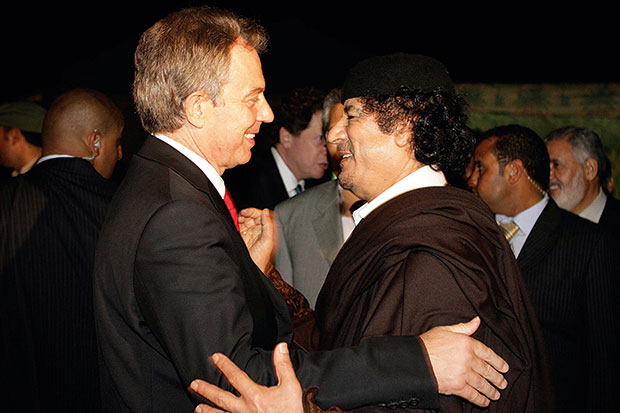


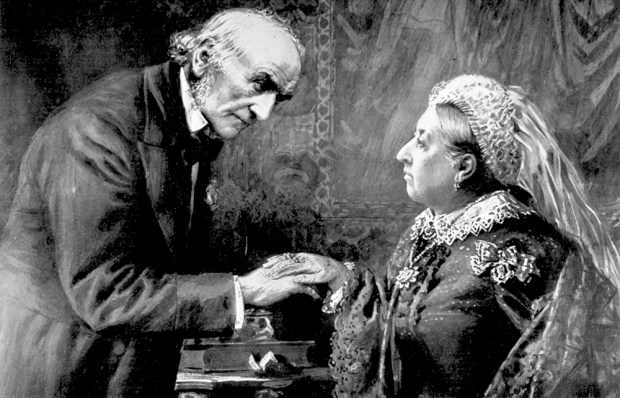
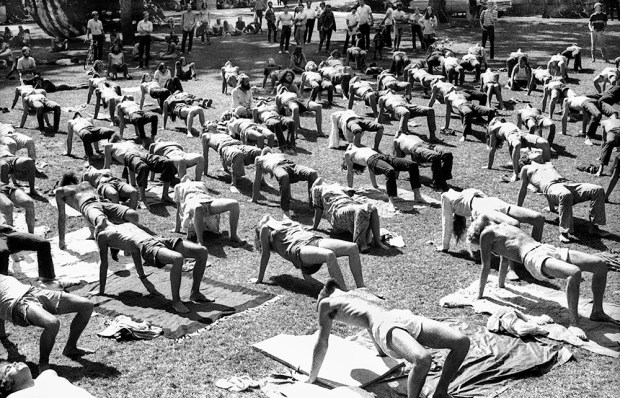
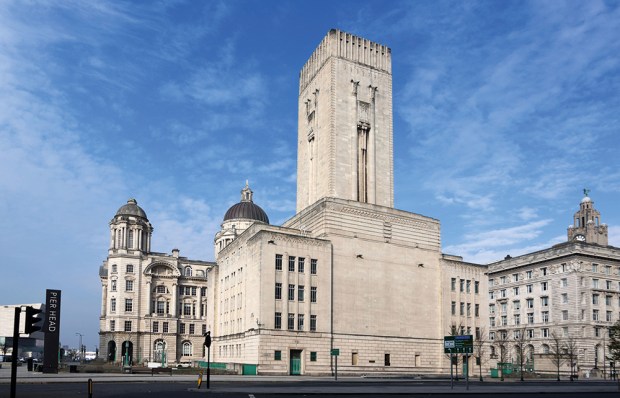
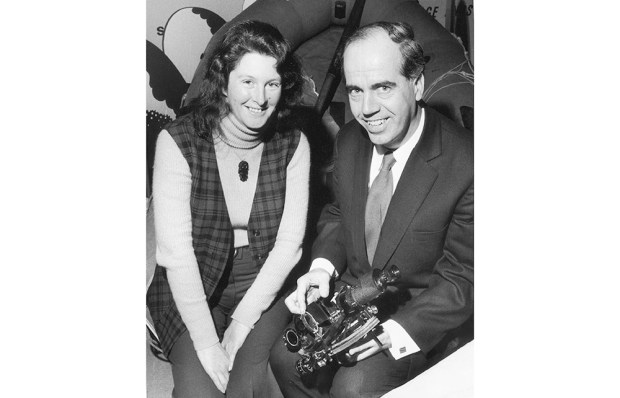






Comments
Don't miss out
Join the conversation with other Spectator Australia readers. Subscribe to leave a comment.
SUBSCRIBEAlready a subscriber? Log in